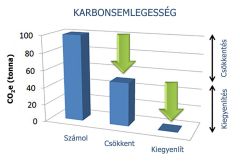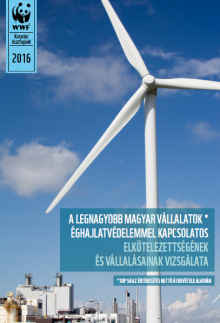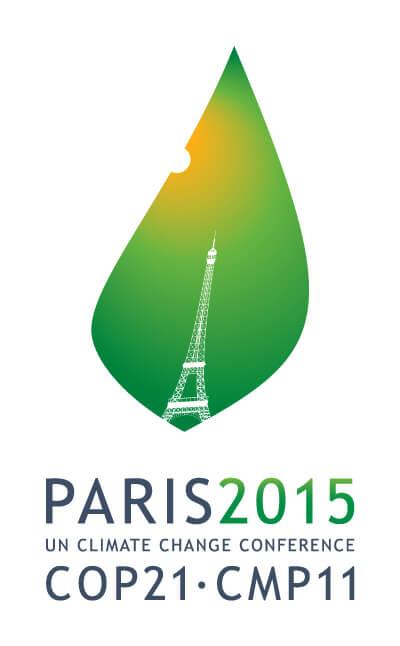 Is the ecological footprint of the poor not growing? In reality, the Earth has been overwhelmed by the population explosion. If everyone lived and reproduced like the Hungarians, there would be no ecological crisis.
Is the ecological footprint of the poor not growing? In reality, the Earth has been overwhelmed by the population explosion. If everyone lived and reproduced like the Hungarians, there would be no ecological crisis.
The ecological burden of the wealthy is decreasing, while that of the poor is increasing.[29][41] The per capita ecological footprint of humanity has not increased for half a century,[42] so the the Earth is almost exclusively overburdened by the global population explosion. (The ecological footprint overshoot began about half a century ago.) However, if everyone lived (i.e. consumed and reproduced) on Earth like the Hungarians, there would be no ecological crisis![10]
Is the ecological footprint of the poor not growing?
– The ecological footprint of Hungary was 4.4 thousandths of the ecological footprint of humanity in 1980[41] (1.83 times the population ratio),[42]
– In 2016, its share was less than half that, only 1.8 thousandths[41] (1.38 times the population ratio, which has declined since 1980),[42]
– which shows that not only the share of the global population has declined, but also the Hungarian ecological footprint per capita: from an ecological footprint/biocapacity ratio of 4.9/2.1 gha, which was a 2.33-fold overshoot, to a ratio of 3.7/2.6, or a 1.42-fold overshoot, which is well below the world average[41].
Is the ecological footprint of the rich not growing?
– In 1980, OECD countries accounted for 46% of the total human ecological footprint[29][41] (with a population share of 18%, which means that their ecological footprint was 2.56 times the population ratio),
– In 2016, the OECD countries accounted for only 34% of humanity’s total ecological footprint[29][41] (with a population share of 17%, which is no less because more countries have joined the OECD), which was only 2.00 times the population ratio.
Is the ecological footprint of the poor not increasing?
OECD countries overburdened their own land by a factor of 1.91 in 1980, with an ecological footprint/biocapacity ratio of 6.7/3.5 gha – compared to a global overshoot of 1.17 times,[41]
– By 2016, however, the OECD’s ecological footprint had also declined significantly, with an ecological footprint ratio of 5.4/2.7 gha, or 2.00 times the global overshoot of 1.68 times.[41]
References:
[10] Ha mindenki úgy élne, mint a magyarok, akkor az emberiség már kilábalt volna az ökológiai válságból
[29] https://data.worldbank.org/indicator/EN.ATM.GHGT.KT.CE?locations=OE-1W
[41] https://data.footprintnetwork.org/#/
[42] https://data.worldbank.org/indicator/SP.POP.TOTL?locations=1W-HU
Sources: BOCS Foundatiom















